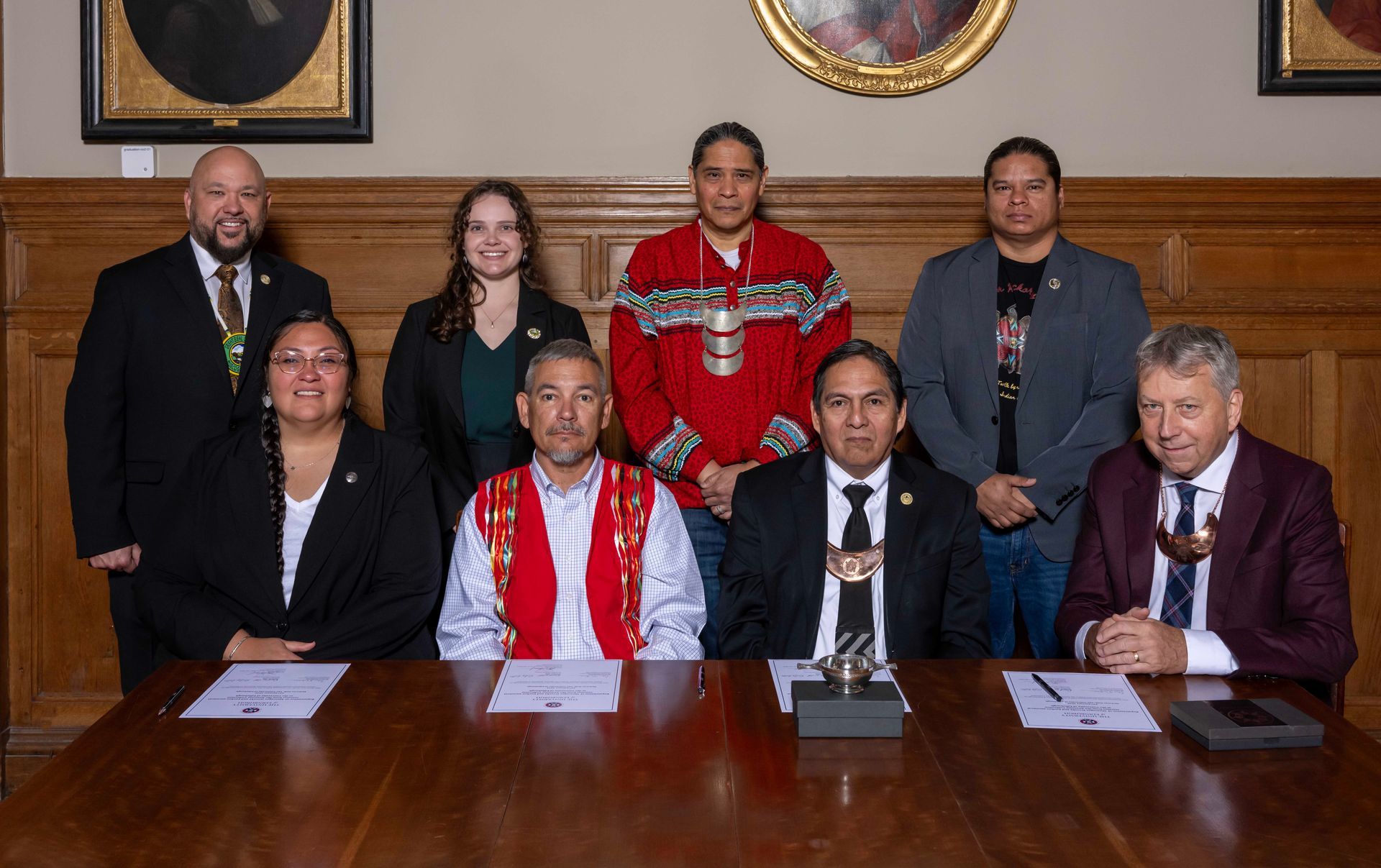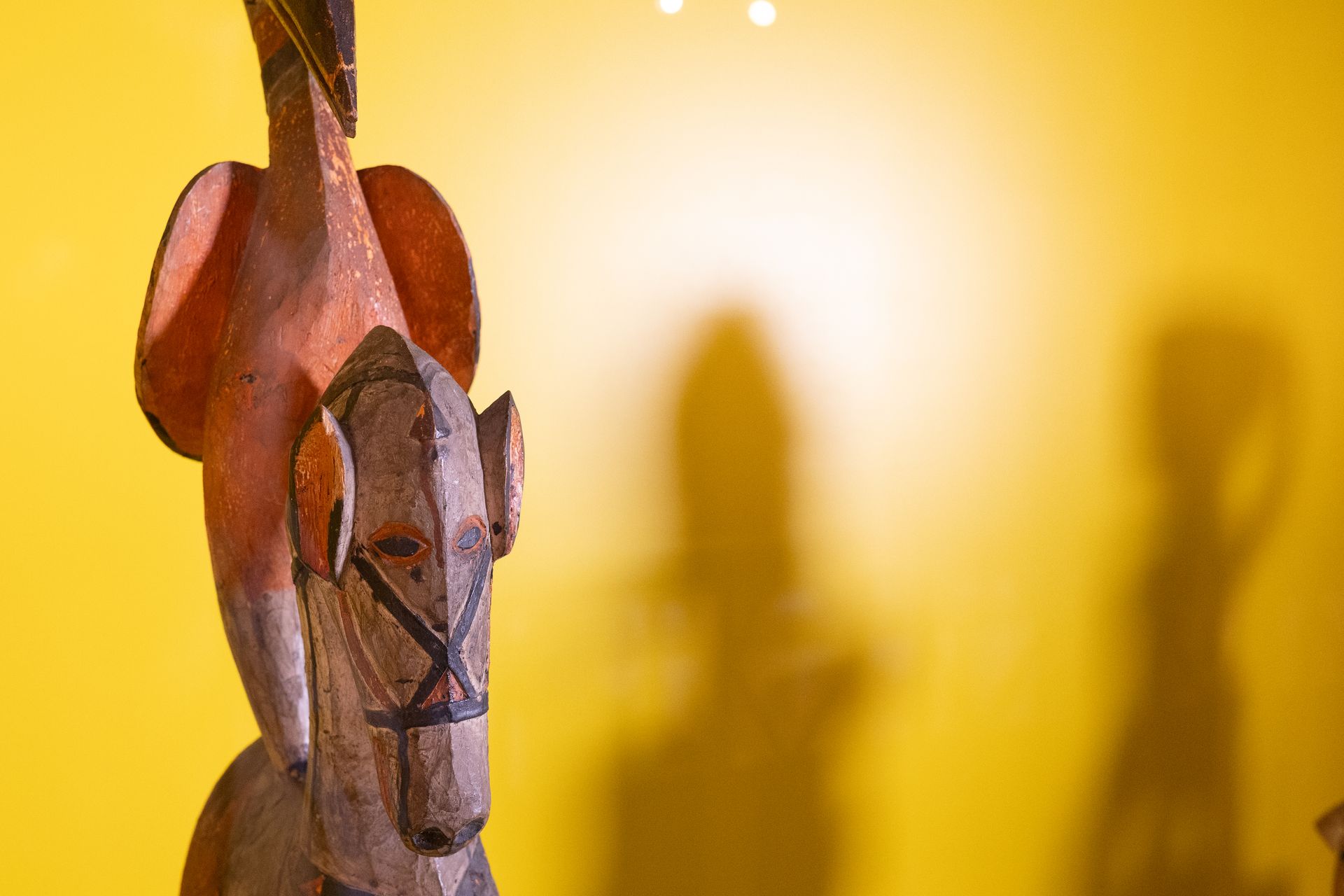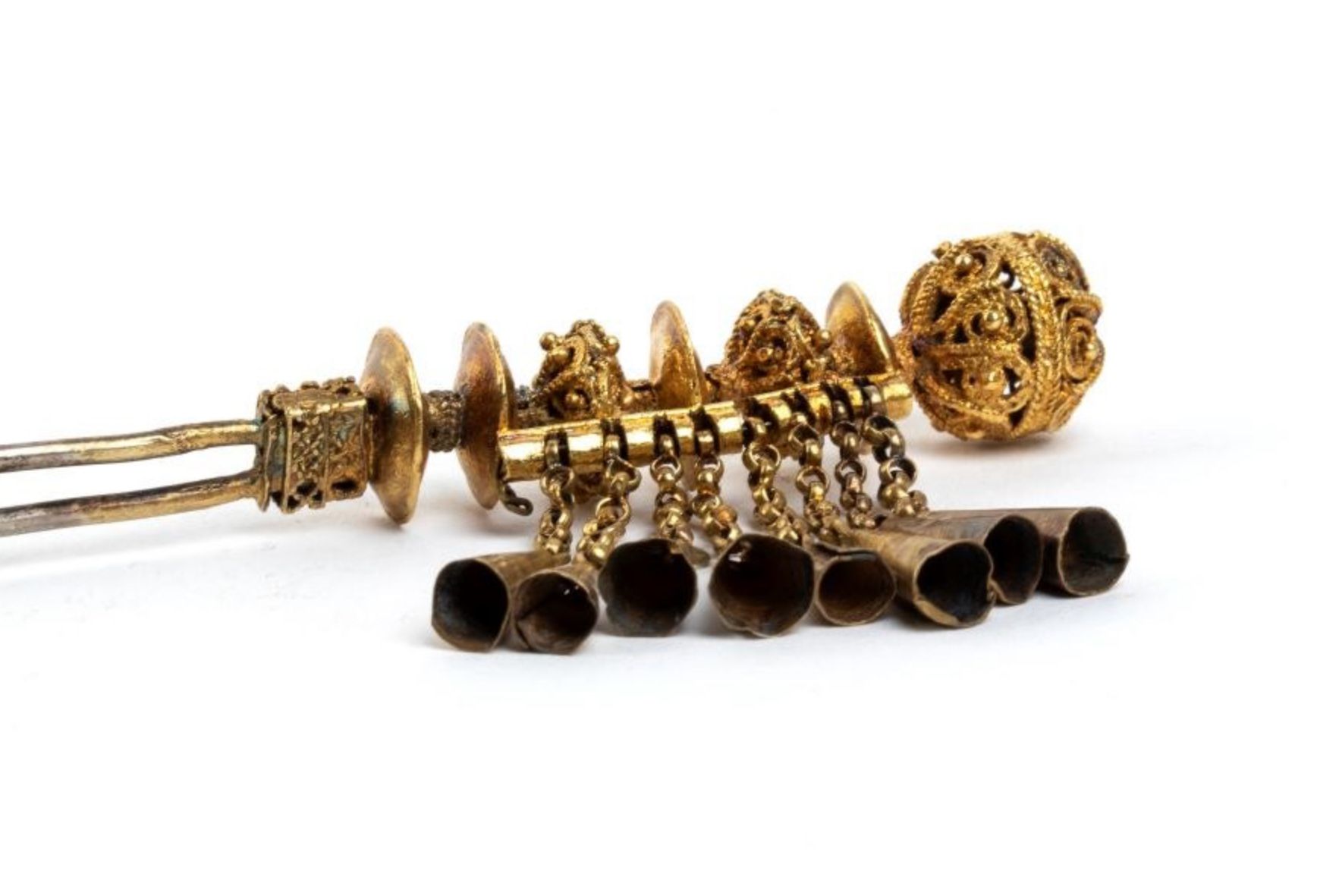Cultural Restitution
SHARE ARTICLE
It’s no surprise the Museum of Archaeology and Anthropology in Cambridge (MAA) has received a formal claim for the return of its looted Benin artefacts. It’s only a surprise it’s taken this long.
The MAA is a member of the Benin Dialogue Group and has contributed to discussions with representatives of the Government of Nigeria and the Royal Court of Benin over the future of Benin artefacts now in western collections. The University of Cambridge hosted a meeting of the Group in 2017 and Museum staff have visited Benin City in recent years.
But it wasn’t until January this year that Nigeria’s National Commission for Museums and Monuments (NCMM) finally submitted a formal request for the MAA to return looted Benin objects in the Museum’s collection. We understand this request is now under consideration by the University.
In the wake of returns made last year by Jesus College, Cambridge and the University of Aberdeen, we believe it very likely that MAA will support Nigeria’s claim. This would lead to the return of most if not all the looted Benin artefacts in the Museum’s collection, which comprises 136 Benin items, including seven Benin plaques known to have been looted in the 1897 raid. Nigeria’s request does not extend to other Benin objects unconnected to this raid.
Why are repatriations likely? Well, MAA has a well-defined, research-oriented process for restitution, as well as a track record delivering on this process. In 1961 it became one of the first UK museums to repatriate artefacts to their country of origin when it returned sacred artefacts to the Uganda Museum in Kampala. Last year, the Museum announced it is setting out to return several dozen more artefacts to the Uganda Museum, East Africa’s oldest museum, as part of a project called Repositioning the Uganda Museum. Once selected, the items are expected to go on display in Kampala in late 2023.
MAA’s commitment to a critical, question-raising approach to its collections was reinforced in 2019 when the Museum, along with the University of Cambridge Museums consortium, introduced a major new policy framework for returning stolen artefacts. This will encourage Nigeria as it gives particular consideration to whether an object was ‘appropriated in the aftermath of violence, for example in the context of a colonial intrusion or war’.
‘Some museum objects were acquired in a manner that was not considered legitimate or appropriate at the time, or would not be considered legitimate or appropriate today. The UCM is supportive of research into the histories of the collections, and will engage with claimants and potential claimants in an open and respectful way.’
University of Cambridge Museums, ‘Our approach to the return of museum objects’, 2019
Perhaps no other group of objects meets these criteria for repatriation more closely than the objects stolen from Benin City in 1897. So, if the Museum does decide to return their looted Benin objects and does agree to transfer legal title to Nigeria, how will this square with the Museum’s membership of the Benin Dialogue Group?
The Group’s official approach to repatriation is to assist in setting up ‘permanent displays’ of rotating long-term loans with Nigeria, loans that may or may not lead to permanent restitutions. However, a decision by MAA to repatriate its Benin collection could stretch this current policy in favour of loans to breaking point.
For some time, members of the Group have used the wrangling within Nigeria over who should negotiate Benin returns and where the objects should be displayed as an excuse for refusing full restitution. However, after President Muhammadu Buhari of Nigeria made clear in a press statement last month that it will be the NCMM responsible going forward for all negotiations on behalf of the Federal Government and that ‘restituted treasures will be returned to the places where they were taken’, these obstacles have now been removed. There are now even more reasons why MAA and other members of the Group should engage with Nigeria and plan for future repatriations.



